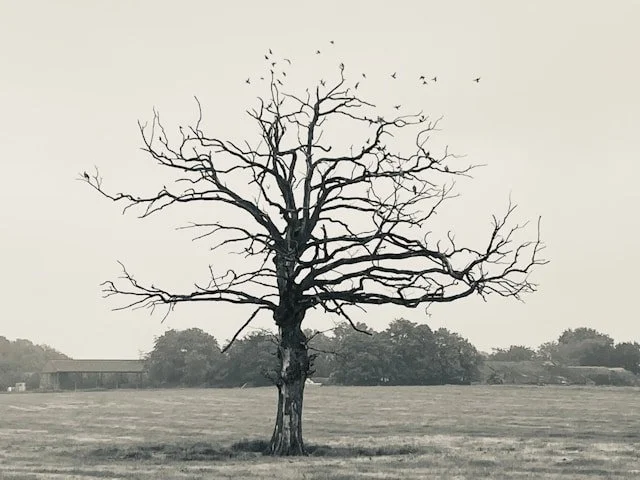I have the opportunity of sharing this space with my friend and mentor, Glen Elliott (you find out more about Glen here). I’m sure you will be blessed by his wealth of wisdom. –John
Last winter I learned something from a dying tree.
There’s a tree outside our bedroom window that provides beautiful shade in the summer. A while back I noticed the leaves were dying—brown, brittle, hanging lifelessly from the branches. So I did what most of us do when something looks unhealthy: I trimmed the visible problems.
I cut off dead branches. Then more branches. I fertilized. I watered. Nothing worked.












